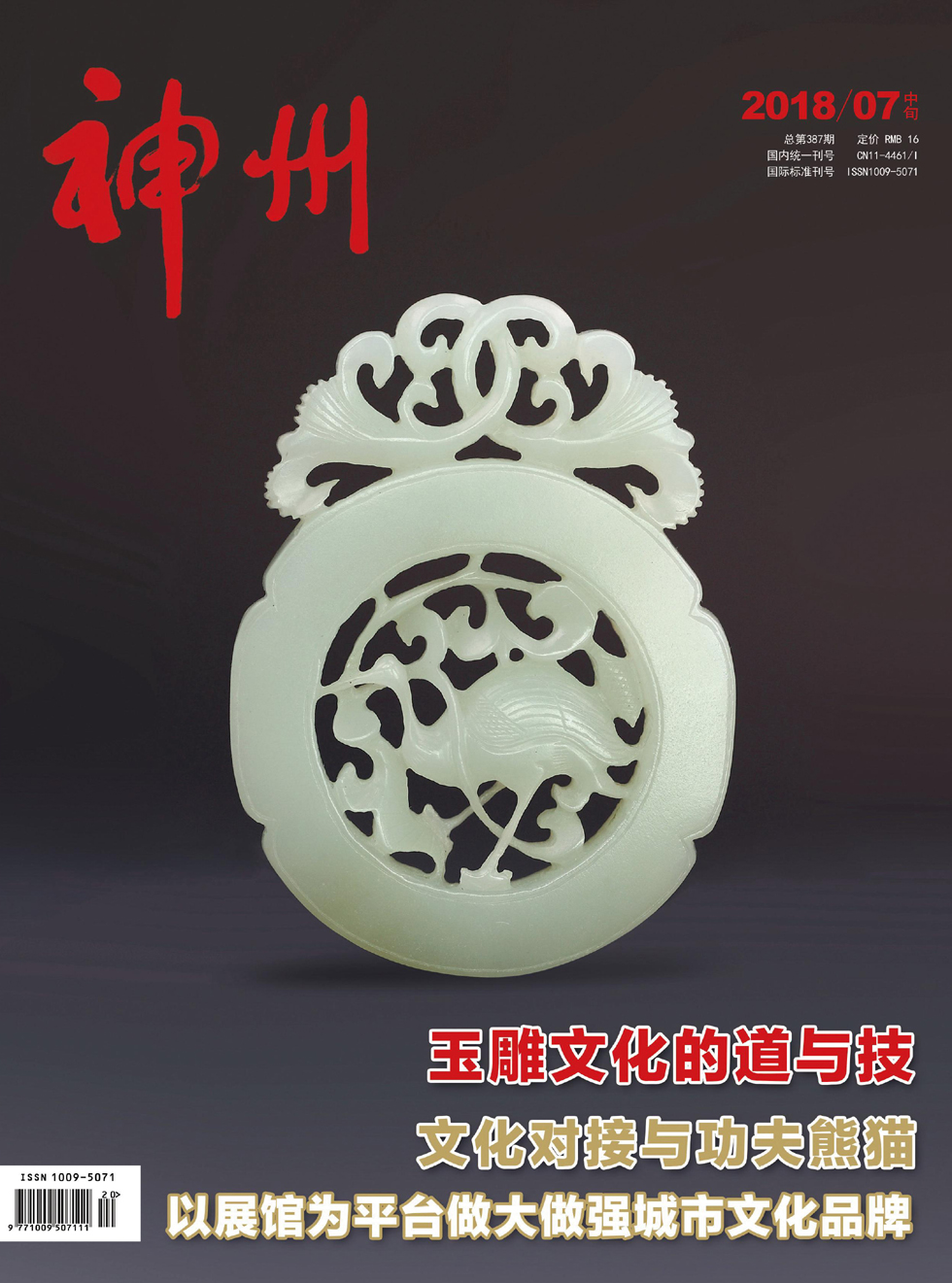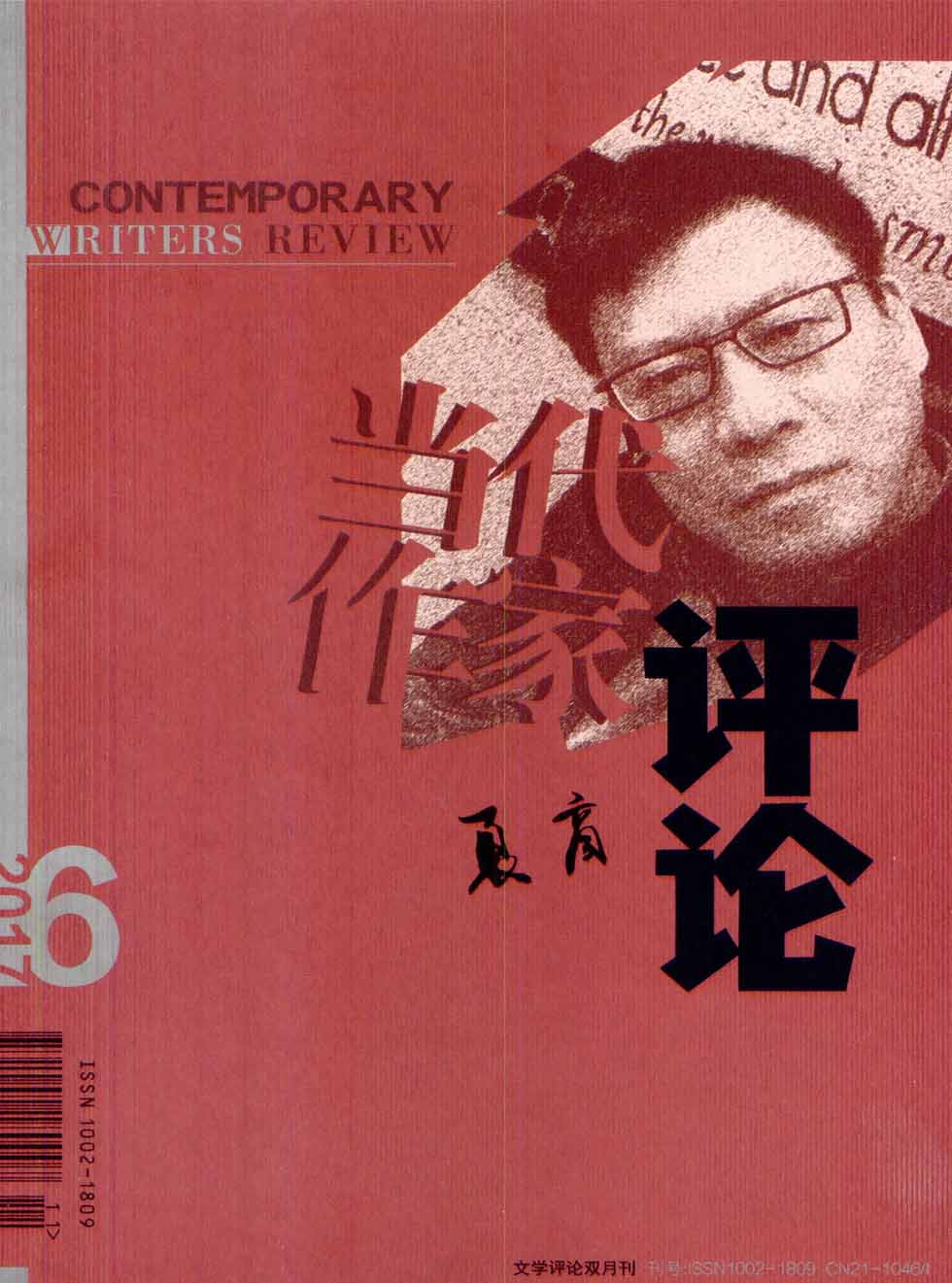英国职业男管家的悲剧
Kazuo Ishiguro’s novel, The Remains of the Day, is mainly the story of an aging English butler in England, who recalls his thirty years’ service life for Lord Darlington around World WarⅡ. Dedicating to be a great butler in his circle, he pursues “dignity” and absolute loyalty to Lord Darlington to be a professional butler who can acquire ‘dignity’ in keeping with his position. Tragically, his understanding of Professionalism is perverted and he takes dignity and loyalty to an extreme.Therefore his whole personal life is completely ruined without any emotional life, subjectivity and identity, therefore losing his sense of humanity. This essay attempts to explore the tragedy of Stevens through the analysis of his human nature during the course of his striving for a great butler in his professional life.
Proud things turning out to be something ashamed of
In the beginning of the novel, we find that Stevens is determined to become a great butler in his career. As his beautiful narration progresses, it is disclosed in a proud tone that he, who dedicated his entire life to his vocation, serves in the “great household” of Darlington Hall, in a dignified and highly professional manner. Devoting to Lord Darlington, “a truly good man at heart, a gentleman through and through”, he feels very “proud” (64) to have served him (Cheng, 237). Considering Lord Darlington as a real gentleman, he takes great pride in working in a great household like Darlington Hall. Striving to be a great butler with dignity in a “distinguished household,” he thinks he has done it brilliantly and has served his purpose as a perfect butler.
However, Lord Darlington, who is misled by his support for the Nazis to a disastrous downfall, wrongly takes the Germans as allies. Stevens has always truly believed he is taking part in global affairs by providing excellent service to his lord. By the end of the novel, it turns out that both Stevens and Lord Darlington are rather pitiful figures as James M. Lang said (145). They have clearly done wrong...as Kazuo Ishiguro himself explained in a 1986 interview:
I’m interested in people who, in all sincerity, work very hard and perhaps courageously in their life times toward something, fully believing that they’re contributing to something good, only to find that the social climate has done a topsy-turvy on them by the time they’ve reached the end of their lives. The very things they thought they could be proud of have now become the things they have to be ashamed of (Quoted from Lang, 145).
Kazuo Ishiguro’s own words apply not only to Lord Darling but to Stevens as well. It is not until the end of the story that Stevens confesses with bitter and poignant tears, to a complete stranger, his feeling of both shame and regret: “I trusted in his lordship’s wisdom. All those years I served him, I trusted I was doing something worthwhile” (255). It is tragic that Stevens has given all he has to his master, whom turns out to be a “na?ve dreamer” (106) misguided with evil intentions. He finally speaks out his doubt “what dignity is there in that” (256).
















